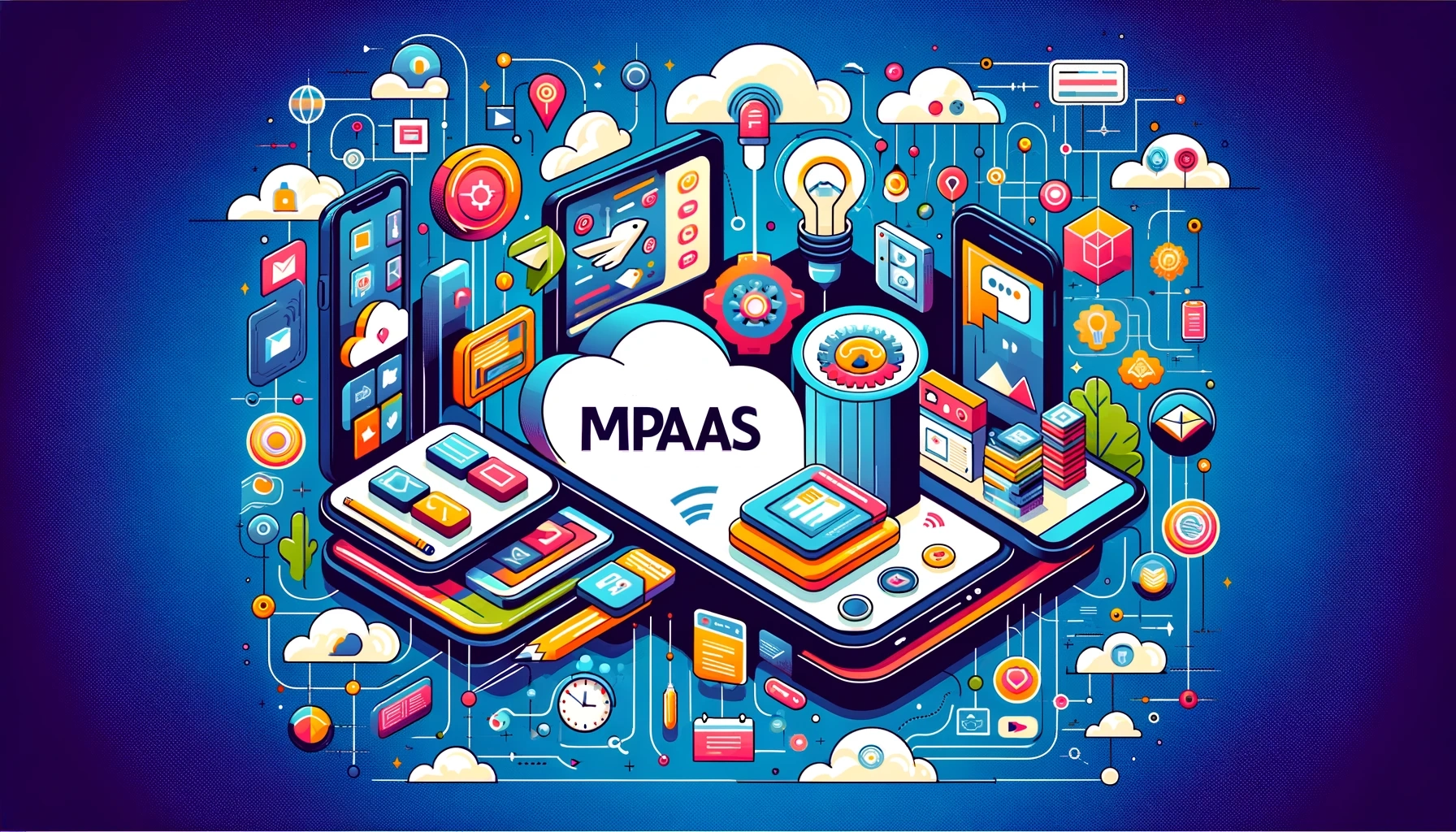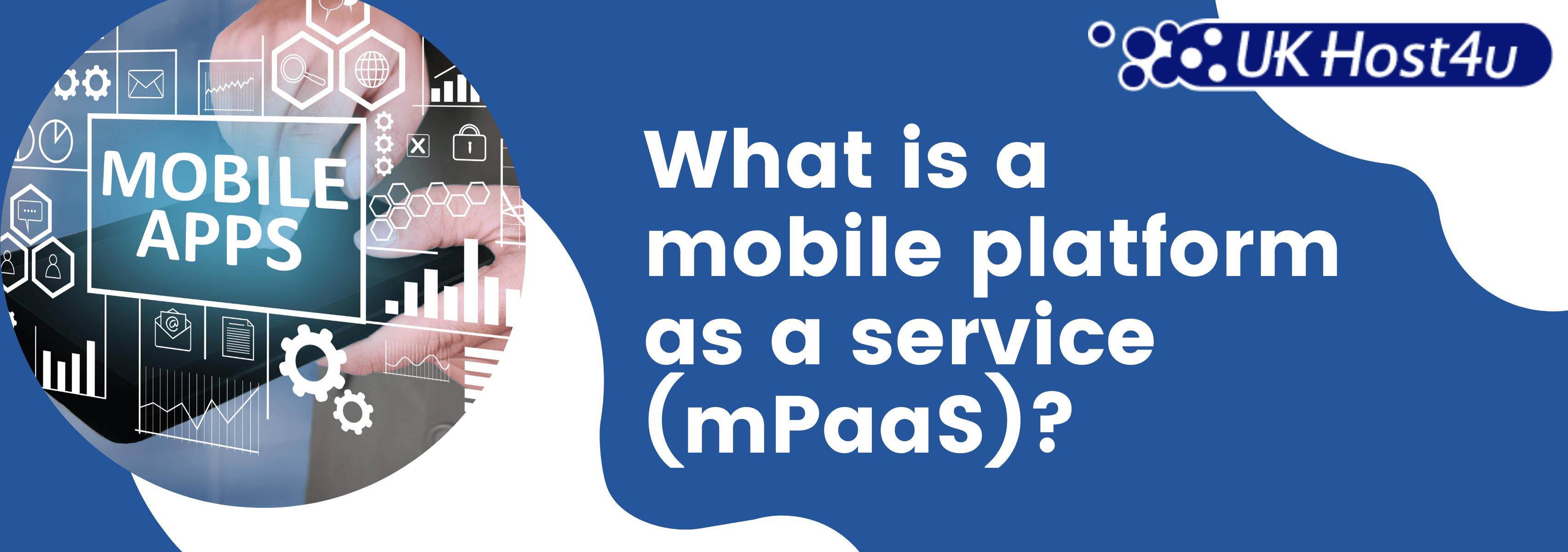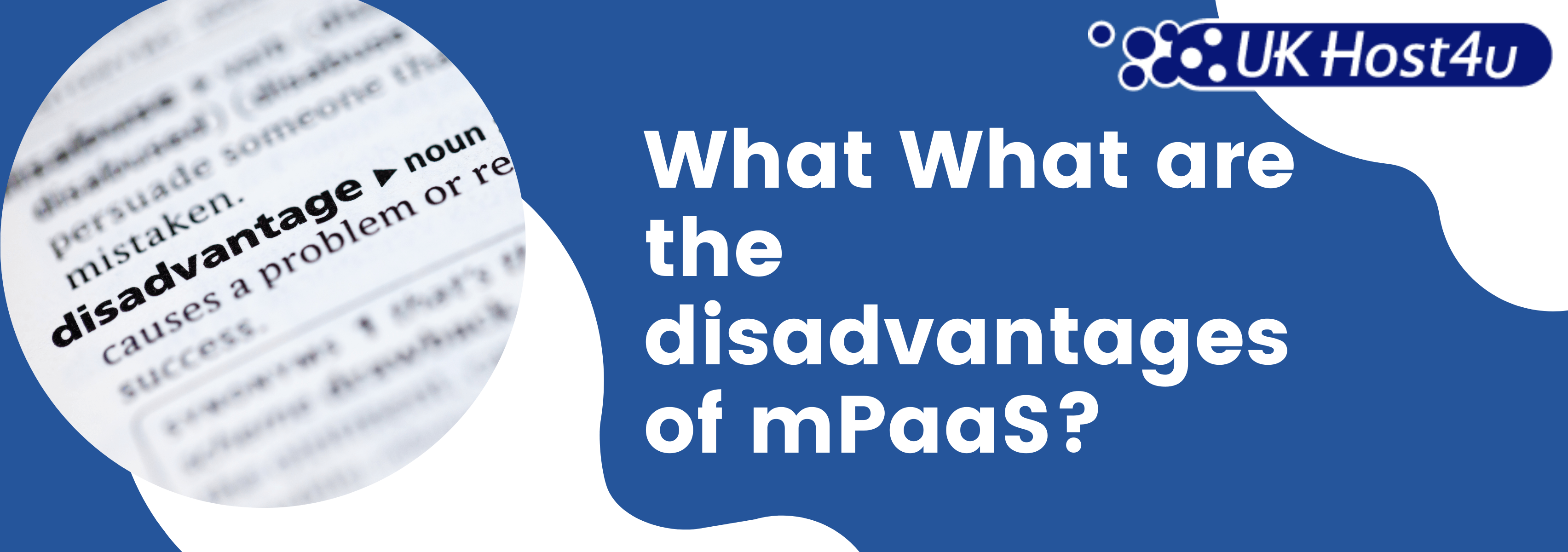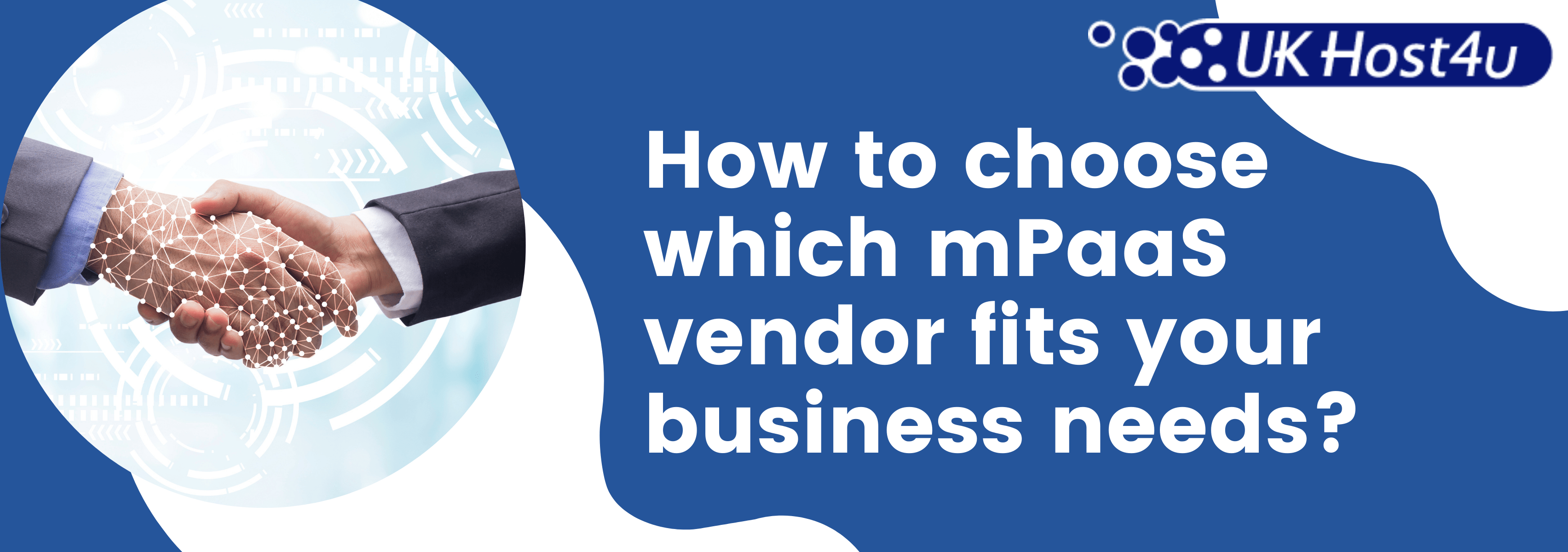The Complete Guide to Mobile Platform as a Service (mPaaS)

Mobile Platform as a Service (mPaaS) is an innovative, on-demand solution designed to streamline mobile app development by providing a comprehensive, on-premise platform. mPaaS enables IT departments to focus on their core functions, while developers can dedicate their efforts to building and optimizing mobile applications. By simplifying the entire app development process—from coding and testing to deployment—mPaaS creates an efficient environment for developers, allowing them to bring their apps to market more rapidly.
One of the standout features of mPaaS is its ability to facilitate the seamless publishing of applications across various app stores with minimal time investment. Moreover, mPaaS platforms often come with access to a wealth of best practice advice and robust support through active community forums. These resources empower developers to troubleshoot issues quickly and adopt industry standards effectively, enhancing both the quality and performance of their applications.
For developers looking to accelerate the development and deployment of mobile apps, mPaaS presents numerous advantages that are essential in today’s fast-paced digital landscape. In this comprehensive guide, we will delve into the pivotal role of the mPaaS vendor throughout the app development lifecycle and explore how leveraging mPaaS can elevate your mobile app development efforts, ensuring better results and quicker time-to-market.

What is Mobile Platform as a Service (mPaaS)?
Mobile Platform as a Service (mPaaS) is a specialized form of cloud computing that delivers comprehensive, end-to-end solutions for mobile app development. This platform offers all the necessary tools and services to develop, test, deploy, and manage mobile applications in one integrated environment. Developers pay to access an Interactive Development Environment (IDE), designed to streamline the app creation process and enable efficient deployment.
mPaaS is equipped with a robust backend infrastructure that includes prebuilt modules, real-time data synchronization across multiple sources, and advanced security measures such as cryptography and encryption. The platform supports various authentication methods, including native device authentication, social media logins, and two-factor authentication, ensuring that the applications built on mPaaS are both secure and user-friendly.
In addition to these features, mPaaS often provides built-in analytics and monitoring tools, allowing developers to track app performance and user engagement effectively. This continuous feedback loop enables ongoing optimization and enhancement of the mobile applications, ensuring they meet user needs and perform optimally. By leveraging mPaaS, developers can significantly reduce both the time and cost associated with mobile app development, leading to a faster time-to-market.
For more insights into how cloud computing platforms like mPaaS are transforming the tech landscape, check out this guide on cloud computing.

What Companies Can Use mPaaS?
The main benefit of Mobile Platform as a Service (mPaaS) is its ability to remove many of the technical barriers to app development. The ready-to-use platform makes it possible to quickly develop and deploy mobile apps without requiring extensive secondary development work to create one from scratch.
This makes mPaaS an attractive choice for any company that wants to create and share an app with a little extra support. Instead of owning the infrastructure to host your app and purchasing individual licenses for the tools required to bring a mobile app to life, developers can rent access to these resources for as long as they need.
The app will be hosted and available online as long as the developer continues to pay their subscription fees. Further down the road, if it makes sense to move the app to internal hosting, this is always an option, but developers often find that cloud hosting offers several distinct advantages. These include scalability, cost-effectiveness, and the ability to easily manage updates and maintenance.
Companies across various industries, from startups to large enterprises, can leverage mPaaS to streamline their app development process and reduce costs. Whether you’re in retail, finance, healthcare, or education, mPaaS provides a versatile solution that can adapt to your specific needs and help you deliver high-quality mobile applications swiftly.
For more insights on how mPaaS can benefit your company, consider exploring TechRepublic’s guide on the advantages of mPaaS and Forrester’s report on the future of mobile app development.

What are the Advantages of mPaaS?
The primary advantage of Mobile Platform as a Service (mPaaS) is its scalability and flexibility. As a fully managed solution, mPaaS can scale to meet the needs of any organization, regardless of size, while offering the ability to do more with less. mPaaS is a full-service, enterprise-grade communications platform that offers many benefits to its users.
One of the standout features of mPaaS is its high level of customization. It can be configured to work with popular CRM or ERP systems for seamless integration, and it often offers a suite of plug-ins that can be tailored for clients by simply selecting which ones they want to use. This ensures that the platform can adapt to the specific needs and workflows of different businesses.
Another significant advantage is its affordability. The cost of mPaaS software is based on features rather than the number of seats or users, making it accessible for organizations both large and small. This pricing model allows small companies to access enterprise-grade tools without a prohibitive upfront investment.
Small companies can operate like much larger companies thanks to the flexible hosting setup. In the beginning, when demand for the app is smaller, hosting costs can be kept low using a pay-as-you-go payment model. As demand for the mobile app grows, the traffic will not be constrained by an arbitrary ceiling, allowing for smooth scaling and continuous user experience improvement.
For more insights on how mPaaS can transform your business operations, explore IBM’s mPaaS solutions and Gartner’s insights on mobile application platforms.

What are the Disadvantages of mPaaS?
While Mobile Platform as a Service (mPaaS) offers many benefits, the vendor model isn’t right for every company. If a company needs complete flexibility and control—especially if required to meet strict regulatory conditions—internal hosting might be a better option.
Once the client has signed up for the service with their chosen provider, they can create teams and assign different tasks to various employees. It is also possible to automate some of the processes, which is convenient for non-technical users. However, this can lock developers into a single development environment, making it difficult to change the approach or migrate to another platform in the future.
Another disadvantage of mPaaS is related to the pricing structure. While there are no set rates for this kind of software, common pricing practices are per-user or project with a minimum monthly fee. The pay-as-you-go model might offer an advantage in the beginning, but as demand grows, companies may need to reassess whether this still offers the best value for money.
Additionally, companies relying heavily on mPaaS may face challenges related to data sovereignty and compliance, as the data is stored on third-party servers. This can be a significant concern for industries with stringent data protection regulations.
For more information on the potential drawbacks of mPaaS and alternative solutions, you can refer to Forbes’ analysis of cloud service limitations and TechTarget’s discussion on cloud computing challenges.

How to Choose Which mPaaS Vendor Fits Your Business Needs?
The search for a mobile enterprise platform strategy begins with understanding the needs of your business. There are several factors to consider before choosing an mPaaS vendor:
- What is your budget for this project?
- How much time do you want to spend on this project?
- What is your timeline for deciding on an mPaaS vendor?
- Which features from the vendors do you need and use the most?
Many vendors in the mobile enterprise space offer a range of services. To decide which mPaaS vendor is the best fit for your business, it is important to understand what you need now, and what you will need in the future. Limiting your mobile app’s growth by choosing a limited mPaaS vendor could harm your future growth.
One of the most important factors for your consideration is whether you want a white-label solution or a custom-built one tailored to your needs. The former means that you will have a ready-made package that can be customized as per your requirements. The latter will provide you with all the necessary tools and modules for building an enterprise mobile application from scratch, with no limitations on what can be included in it.
An enterprise mobile app platform should offer cohesive integration with other business software and applications. It should also offer robust security measures and be able to integrate with a variety of different programming languages. Finally, it should be user-friendly so that non-technical stakeholders can understand exactly what they are investing in.
For additional guidance on selecting the right mPaaS vendor, you can explore resources like Gartner’s Magic Quadrant for Mobile App Development Platforms and Forrester’s evaluations of mobile app development platforms.
Conclusion
Choosing the right Mobile Platform as a Service (mPaaS) vendor is crucial for the success of your mobile app development projects. By carefully assessing your business needs, budget, timeline, and required features, you can find a vendor that not only meets your current requirements but also supports your future growth. Whether you opt for a white-label solution or a custom-built platform, ensure that the mPaaS vendor you choose offers seamless integration, robust security, and user-friendly interfaces.
Ultimately, investing time in selecting the right mPaaS vendor will pay off by providing your business with the tools and flexibility needed to develop high-quality mobile applications efficiently. By leveraging the strengths of mPaaS, you can streamline your development process, reduce costs, and achieve faster time-to-market, positioning your business for long-term success in the competitive mobile app landscape.
For comprehensive hosting and cloud solutions that can complement your mPaaS needs, explore UKHost4u services and discover how they can support your business’s technological infrastructure and growth.

